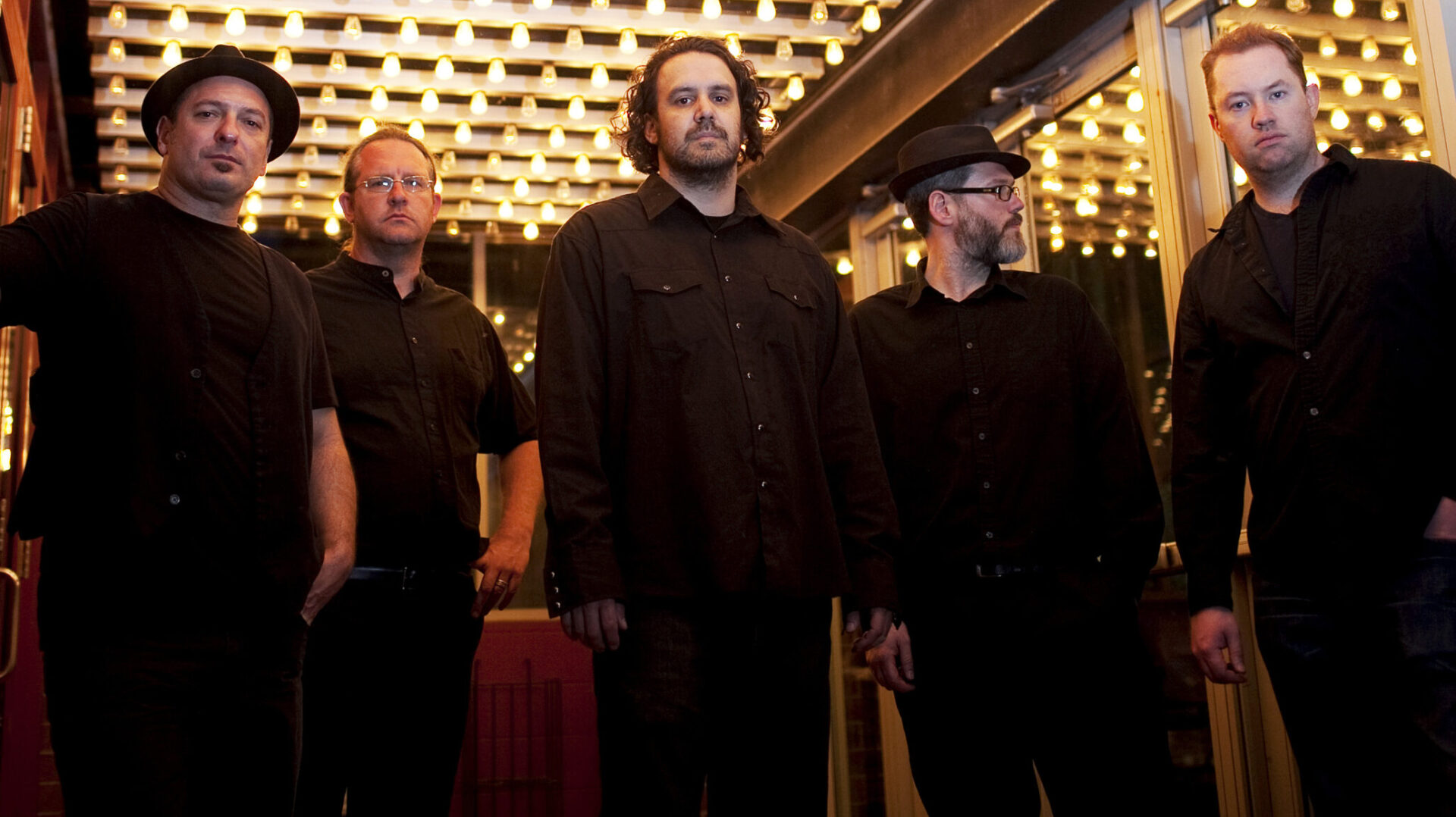In the Shadow of the Seven Stars
Related song: Wrecking Ball
A shabbily dressed man paced the lobby of the Leman Street Police Station. After several minutes of hurling insults at the officers on duty, he insisted on speaking with the commanding officer, claiming he had information about one of the murders. Inspector Moore eventually emerged from his office to see what the commotion was all about. He recognized the man as Michael Kidney, the companion of the deceased. Kidney had helped to identify the deceased’s body in the morgue the night before. The inspector invited the man into his office.
“What can I do for you, Mr. Kidney? I hear you’ve been abusing my officers,” said the inspector. It was apparent that the man standing in front of him was drunk.
“Sit down,” directed the inspector, gesturing toward the chair in front of his desk. Kidney sat down, though he continued to fidget nervously in the chair.
“I only said I would shoot myself in th’ head if I was th’ officer on th’ beat,” offered Kidney defiantly.
“Lucky for me, my officers have more sense than you,” said the inspector wryly, “What else do you know?”
“If I was to place th’ men myself, I could capture the lot of ’em. If yo’ could give me a strange young detective,” began Kidney. His voice trailed off as he explored the inspector’s face for some sort of understanding of his situation.
“By strange, I assume you mean new to the case,” said the inspector, who continued without receiving clarification. “Of course, that would not be possible. We cannot provide detectives to private citizens.”
“This is unjust!” cried Kidney, once again losing his composure.
“Please, Mr. Kidney! We’re doing what we can,” admonished the inspector, “Now, tell me who brought you to the station. My men said you arrived in a cab.”
“Tha two Jacks up abou’ th’ case,” replied Kidney, “Surely you know them.”
“We are aware,” said the inspector sharply, “Perhaps you can clarify this for me. If you are already working with these investigators, why wouldn’t you simply ask them for assistance? I presume you are all working toward the same ends.”
“But that’s why I came t’ya’,” pleaded Kidney.
“Why won’t you just tell me what you know?” said the inspector, sensing the discomfiture of the man in front of him. The man was clearly in a situation that was larger than he could handle.
“I can’t,” muttered Kidney.
“What would prevent it? Have you been threatened?” asked the inspector.
“The men I got my information from already know me. A man who ain’t known to them might get more. That’s all I can say,” said Kidney.
“I would like to be of more help to you, Mr. Kidney,” said the inspector thoughtfully, “But I can’t help you if you won’t share what you know. I’m certain you would understand my position if you weren’t in such a state.”
“Bloody Hell!” protested Kidney, “Can’t yo’ see what’s happening?”
“I’m afraid I cannot,” replied the inspector calmly, “If I could, we’d already have this case resolved.”
Seeing that he was getting nowhere with the inspector, Kidney leapt from the chair and left the police station abruptly.
“Sergeant White,” said the inspector to the officer who had just arrived in his office doorway following Kidney’s departure, “Have your men keep an eye on that man. I want to know who else he’s talking to. And find out more about these inspectors working for the vigilante committee. It appears they’ve been compromising our witnesses.”
